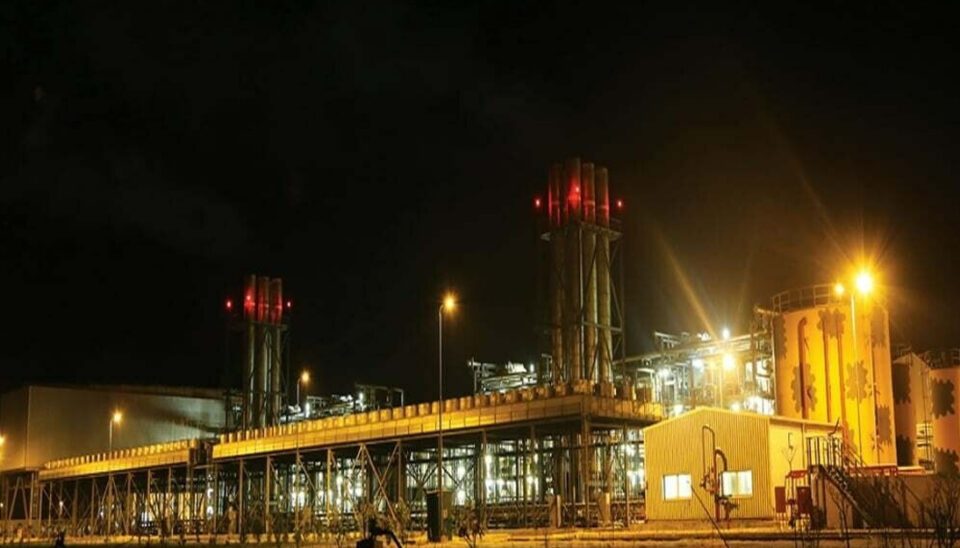Federal Government’s Efforts with Independent Power Producers Yield Positive Results
ISLAMABAD: The federal government’s ongoing efforts to renegotiate agreements with various Independent Power Producers (IPPs) are beginning to deliver significant results. Four major IPPs—M/s Atlas Power, M/s Saba Power, M/s Rousch Power, and Lalpir Power—have signed agreements for the premature termination of their Power Purchase Agreements (PPAs). According to sources, Hub Power Company (Hubco) is expected to follow suit soon.
The government’s Task Force on the Power Sector, comprising senior security officers, legal experts, and representatives from regulatory bodies such as the SECP, PPIB, CPPA-G, and Nepra, has been instrumental in convincing IPPs established under the 1994 and 2002 Power Generation Policies to renegotiate their agreements. While Hubco, Rousch Power, and Lalpir Power initially resisted, they ultimately agreed to the revised terms.
The government expects to save Rs 325 billion over the remaining lifespan of these five IPPs (3 to 10 years). Though there are still some disagreements, such as the Rs 1 billion payment dispute with Hubco, the overall negotiations are expected to benefit the country’s energy sector. The government has agreed to settle past capacity dues but has declined to pay interest, as some IPPs have accused the government of defaulting on previous agreements. The renegotiated deals are projected to save approximately Rs 0.65 per unit of electricity.
Power Minister Sardar Awais Khan Leghari announced that these negotiations, along with debt restructuring and a moratorium on debt payments to Chinese IPPs and transmission line projects under CPEC, will result in a reduction of up to Rs 7 per unit for consumers. Further reductions are expected through the renegotiation of public sector power projects and agreements with projects under the 2006 policy, potentially lowering the tariff by another Rs 3.5-3.75 per unit.
Currently, capacity payments account for over 50% of the total electricity cost, excluding taxes, surcharges, and additional fees. The capacity payment alone is Rs 19-20 per unit, a major factor driving up the cost of electricity. The government is also considering forcing wind power projects to revise their tariffs to further alleviate costs.
Prime Minister Shehbaz Sharif and top officials in the Power Division have suggested that revenue collection through electricity bills should be reconsidered. Federal Board of Revenue (FBR) Chairman Rashid Mehmood Langrial had previously opposed using distribution companies (Discos) as tax collectors during his tenure as Secretary Power Division, though it remains unclear if his stance has shifted since assuming his new role at FBR.
Despite progress, some IPPs have expressed dissatisfaction with the pressure they faced during negotiations. Many IPPs, particularly those with broader business interests, have agreed to the revised terms despite discrepancies between the figures presented and their own documented data. Several power plant owners, including Attock Gen, Liberty Dharki, and Gul Ahmad, have voluntarily announced tariff reductions, setting a precedent for other IPPs to follow.
However, there remains some hesitation among IPPs regarding Special Assistant to the Prime Minister Muhammad Ali, Co-Chair of the Task Force on Power Sector Reforms. His past negotiations with IPPs during the Imran Khan administration failed to meet agreed-upon payment commitments, creating a sense of distrust.
Power Minister Leghari, during a recent television interview, highlighted the steep cost of power generation, stating that the total generation cost is Rs 35 per unit, with capacity payments alone accounting for Rs 18.39 per unit. Of this, loans contribute Rs 12-13 per unit, which significantly inflates the overall cost of electricity in the country.
As the government continues its power sector reforms, these renegotiations with IPPs are expected to pave the way for more affordable electricity and long-term savings for consumers.

